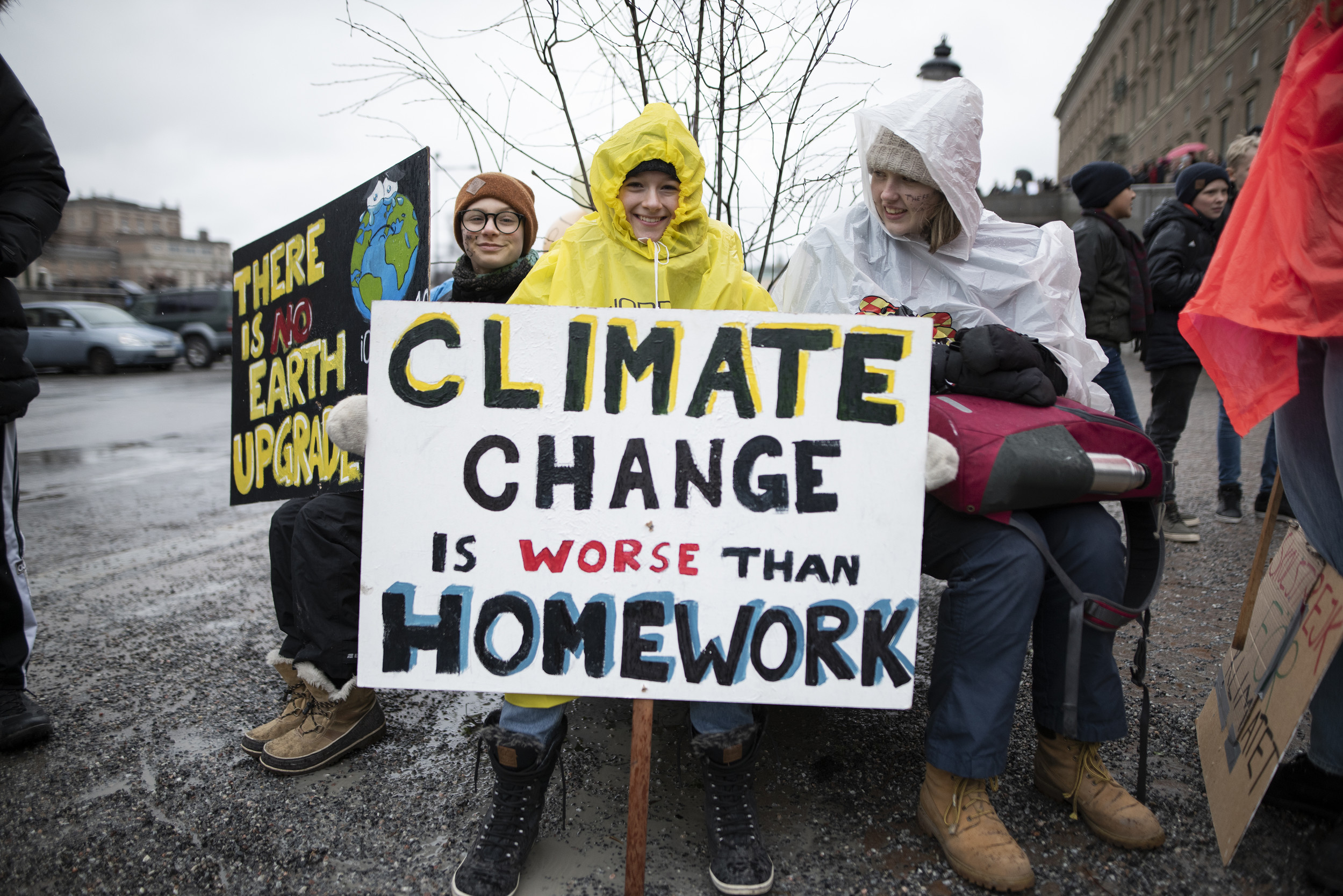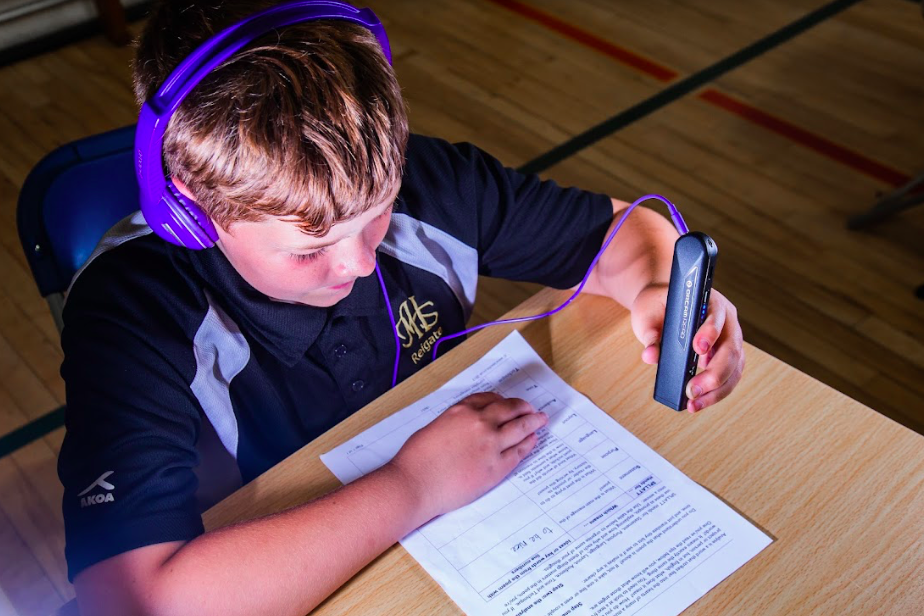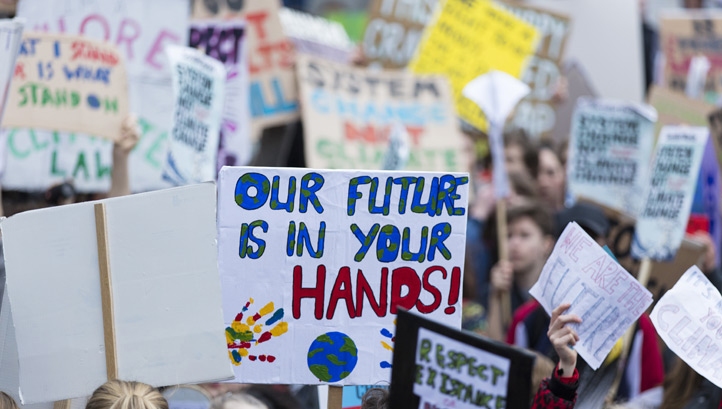
In October 2021, world leaders gathered with the same goal of combating the issue of rising carbon levels in the world’s atmosphere, and how to reduce the impact of humans on the climate. But change has really been made and do today’s students really feel like the issue of climate has been addressed as a result?
Leading user-generated learning platform, Quizlet, surveyed over 1,000 UK university students asking them about the social causes which matter most to them, as well as their attitudes towards, and understanding of, the climate crisis. In collaboration with the Carbon Literacy Project, the results were astounding.
When it comes to social causes, ‘climate justice’ is what students care about the most, with 39% of those surveyed citing it as their primary concern (over double those most concerned about racial inequality, and nearly four times the number most concerned with gender inequality). Over three-quarters of students said that they directly aim to reduce their carbon footprint by recycling and using less plastic, and 30% do so by wearing as much second-hand clothing as possible.
While it is clear that today’s students and Gen Z, in general, care more about their environmental impact than many generations before, with social advocates like Swedish born, Greta Thunberg leading the way in the battle against climate change, Quizlet’s survey has exposed several nuances of what UK students really feel about the current crisis. Results indicate that nearly three quarters (74%) of students think that the climate crisis is the biggest threat facing humanity, but over a third of students believe that COP26 will not result in anything meaningful when it comes to making a change.
But what about social injustice? Is it not today’s students that are taking to the streets with their picket to protest the inequalities facing people all around the world? The survey also asked students their feelings towards civil and social injustice. 39% of students surveyed stated that they care most about climate justice, with only 16% caring more about civil rights and racial inequality.
While many young people are clearly affected and concerned about the current crisis, 76% of students surveyed believe young people have a personal duty to reduce their carbon footprint. Whether it is recycling more, being conscious of fast fashion, using public transport instead of driving or even joining organisations that actually aim to work with communities to reduce the impact of towns and cities, there are many things people across the UK can do to be more conscious of their impact. The survey identified that 76% of respondents actively recycle; 75% use reusable shopping bags and avoid products with excessive plastic packaging, 48% of students choose public transport over taxis or cars, and 39% of students eat less meat than they otherwise would.
Rahim Hirji, UK Country Manager at Quizlet, comments: “Education is a fundamental tool in fighting the climate crisis. It cannot be stressed enough how important it is to ensure every student has access to adequate resources, to equip them with all the information they need to better understand the climate crisis, and make well-informed behavioural changes. As a learning platform with scope beyond the classroom, it is our duty and responsibility to ensure we are contributing to this climate education.”
In light of the survey results, Quizlet has teamed up with the Carbon Literacy Project, an organisation dedicated to educating young adults on climate responsibility, to provide university students with a refined and expertly-curated list outlining the most effective and sustainable actions they can adopt to lead more environmentally-conscious lives.
Top tips to reduce carbon footprint include:
Diet
Reducing the number of animal products (meat, dairy, eggs etc.) you consume can have a huge impact on your carbon footprint, as well eating food that is in season and sourced locally.
Fashion
Fast Fashion (inexpensive clothing produced rapidly by mass-market retailers in response to the latest trends) leads to mass carbon emissions and waste through the overproduction of garments. Buying fewer clothes and from responsible brands, or even better – second hand (which is usually cheaper too!) – can be really beneficial.
Energy
If and when you leave student halls, choosing a green energy provider can really reduce your carbon footprint. Having a smart metre installed and layering up in the colder months will save carbon and money.
Petition/Campaign
Write to your local MP or your university if you don’t think they`re doing enough. The student voice is a powerful one and has been crucial to many change-making movements. Unleash your inner Greta!
Societies
Join an environment-focused society at your university. The largest UK university society is People and Planet, but if your university doesn’t have one then set one up.



